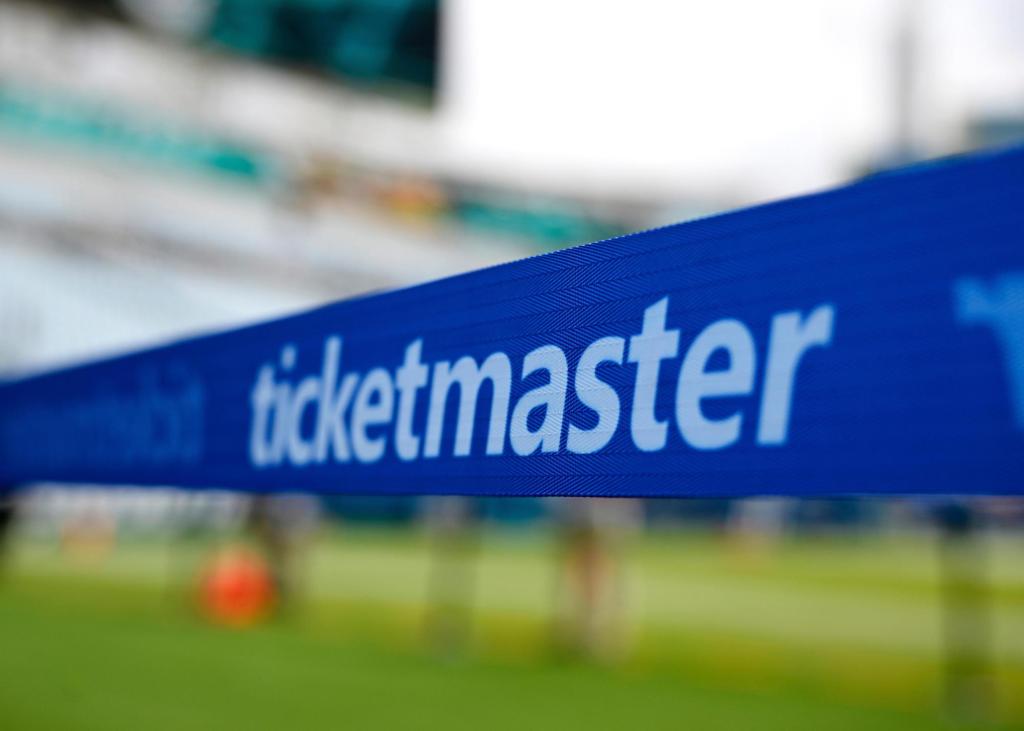The ticketing landscape has become a battleground, with consumers facing ever-increasing prices to attend live events. Recently, the Federal Trade Commission (FTC) and a coalition of state attorneys general launched a significant lawsuit against Ticketmaster and its parent company, Live Nation. This legal action highlights a series of alleged deceptive practices that are driving ticket prices through the roof. Are you tired of paying exorbitant fees and feeling cheated when buying tickets? You’re not alone.
In this article, we’ll dive into the details of the lawsuit, explore the tactics being used against consumers, and discuss the broader implications for the ticketing industry. You’ll learn about the alleged collusion between Ticketmaster and ticket brokers, the reaction from lawmakers, and what it all means for you as a concert-goer.
Understanding the Lawsuit Against Ticketmaster
The FTC has taken a stand, accusing Ticketmaster and Live Nation of manipulating ticket prices and deceiving consumers. According to the FTC, these companies have been advertising lower ticket prices that do not reflect the actual cost once additional fees are added. This tactic misleads both fans and artists, creating an illusion of affordability.
Moreover, the FTC claims that Ticketmaster actively collaborates with ticket brokers to bypass restrictions on ticket purchases. These brokers allegedly use fake accounts to acquire large quantities of tickets, which they then resell at inflated prices. As a result, Ticketmaster profits from the added fees associated with these marked-up ticket sales.
The Impact on Consumers and Artists
The lawsuit has drawn attention to how this situation affects not just fans, but also the artists themselves. Many musicians rely on ticket sales for their income, and when prices soar due to manipulation, it can impact their ability to connect with their audience. FTC Chairman Andrew Ferguson emphasized this, stating, “American live entertainment should be accessible to everyone”.
Consumers, on the other hand, are left feeling frustrated. With Ticketmaster controlling a staggering 80% of the primary ticketing market, many fans find themselves with little choice when it comes to purchasing tickets for their favorite events.
Legislative Reactions and Industry Changes
This isn’t the first time Ticketmaster has faced scrutiny. The company came under fire in 2022 after a disastrous ticket sale for Taylor Swift’s Eras Tour, which left many fans empty-handed. Lawmakers are increasingly vocal about the need for reform in the ticketing industry. In 2023, senators questioned Live Nation about its practices, and the Biden administration has implemented measures to combat «junk fees.»
As part of this initiative, Ticketmaster is now required to display the total cost of tickets upfront, aiming to reduce surprise fees at checkout. However, the effectiveness of such reforms remains to be seen.
The Broader Context: Ticket Reselling Issues
The ticket reselling market has also come under the microscope. In recent months, the FTC sued a Maryland-based ticket broker for using fictitious accounts to purchase tickets. This ongoing scrutiny indicates a growing concern over fairness in ticket sales and the secondary market.
Moreover, past administrations have taken steps to address these issues. Former President Trump signed an executive order aimed at ensuring compliance with tax rules among ticket resellers, reinforcing the idea that reform is necessary.
What This Means for You as a Consumer
As a ticket buyer, understanding these dynamics is crucial. You deserve to know the true cost of attending events without hidden fees or unfair practices. With ongoing legal battles and increased attention from regulators, change may be on the horizon.
So, the next time you purchase a ticket, remember that the landscape is shifting. Keeping informed about your rights and the practices of ticketing companies can empower you to make better choices.




















